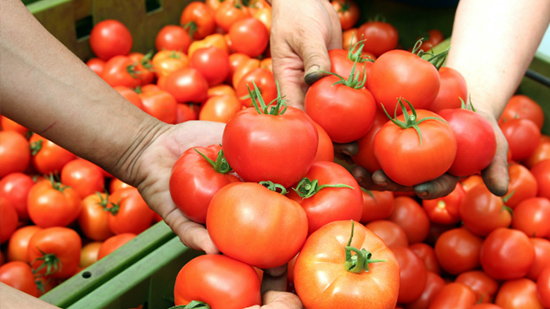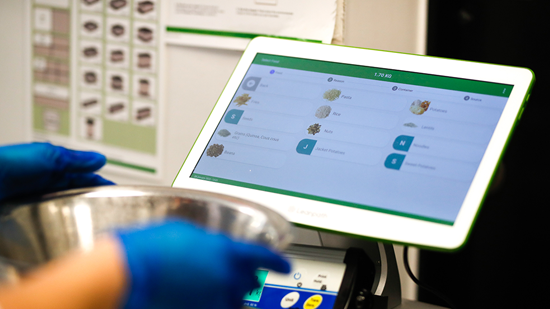 A third of all food produced globally ends being wasted, making food waste one of the greatest contributors to climate change and biggest scandals of our time. Whether it’s during the ordering, storage, preparation, or serving process, we are working together with our teams, clients and suppliers to reduce food and collateral waste across Sodexo sites.
A third of all food produced globally ends being wasted, making food waste one of the greatest contributors to climate change and biggest scandals of our time. Whether it’s during the ordering, storage, preparation, or serving process, we are working together with our teams, clients and suppliers to reduce food and collateral waste across Sodexo sites.
Our commitment at Sodexo is to halve our own food waste by 2025, a key element of our roadmap to Net Zero. But with the United Nations stating that one-third of the world’s food goes to waste, we are determined to also work towards supporting measures which will cut food waste outside our own operations.
Cutting our food waste by 50% by 2025
WasteWatch is a measurement system allowing kitchen teams to understand what’s thrown away, and why, making it easy to identify efficiencies and make informed menu choices backed up by real-time data. This technology is a key weapon in our fight against food waste and we’ve committed to roll it out to 100% of relevant sites by 2025.
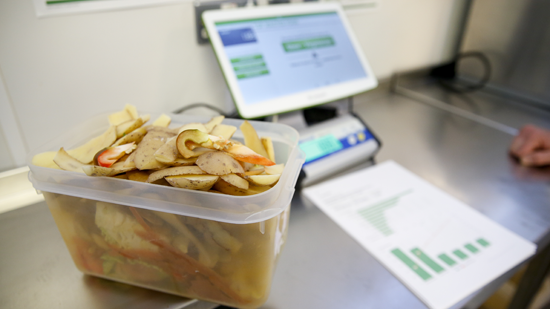
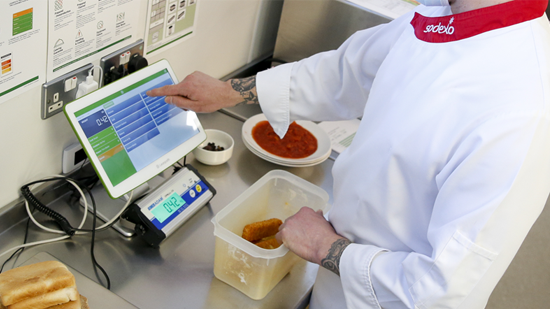
1,011,713
Our WasteWatch programme has prevented food waste equivalent to 1,011,713 meals.
Regenerative Farming with Full Circle Farms
Reducing food waste is a key part of our sustainability plans and Sodexo Live! is making great progress here in an innovative way.
It has its own regenerative farm in Sussex where suitable food waste from its events is used to grow crops and produce for future events with venue partners.
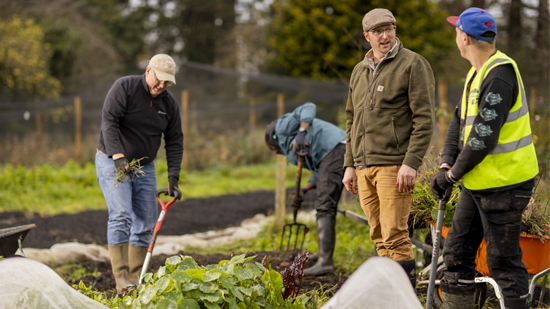
Our Appetite for Action
In 2021, we launched Appetite for Action. This is an ongoing mission for Sodexo with the goal of using our scale and food industry expertise to convene and work alongside political and industry stakeholders, chefs and customers to drive meaningful change in food service procurement to help cut food waste.
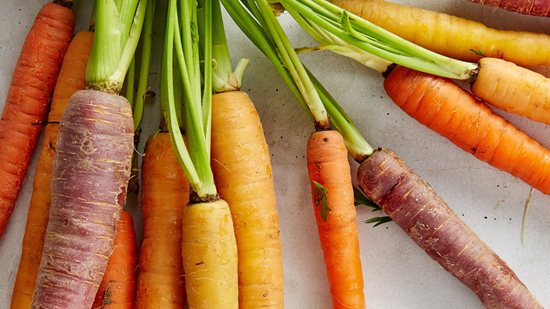
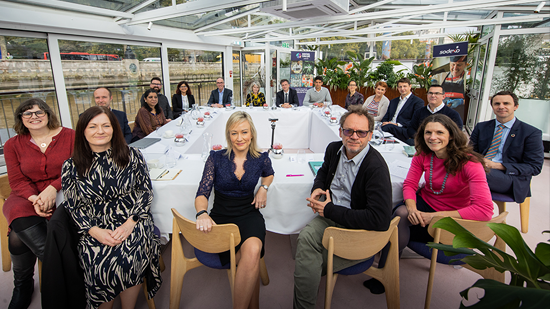
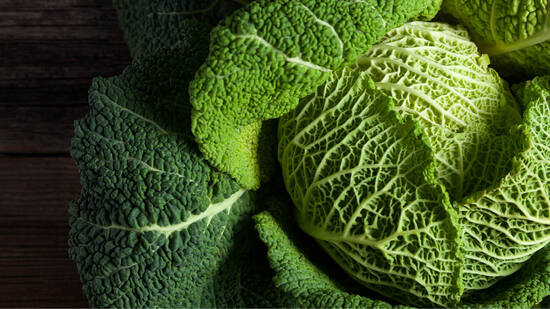
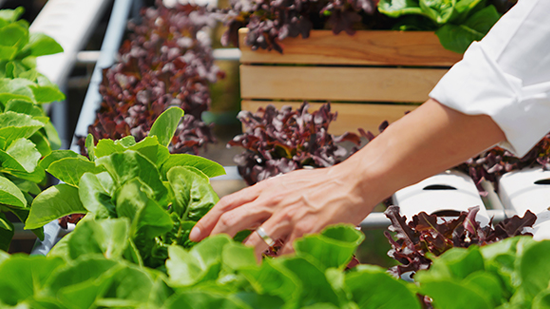
A holistic approach to achieving net zero and supply chain resilience
With food waste a significant contributor to climate change, the situation has been made worse by recent supply chain challenges, which have resulted in a dramatic increase in food waste. This case study includes some of the key data, but also looks at how cutting food waste and supply chain resilience can be complementary goals.
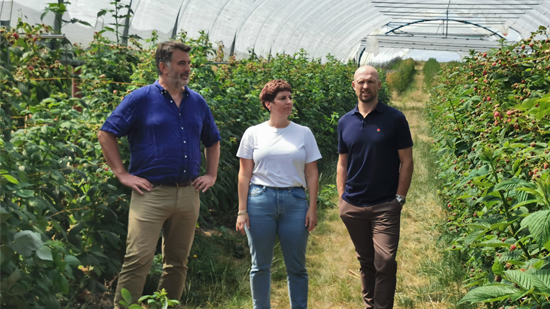
Supply chain resilience and the impact on food waste
In 2022, we commissioned further research to find out how the unprecedented pressure on supply chains had impacted food buyers’ ability to meet their food waste targets. We visited one of our suppliers, Watts Hill farm to see what work they are doing to ensure supply chain resilience whilst cutting food waste.
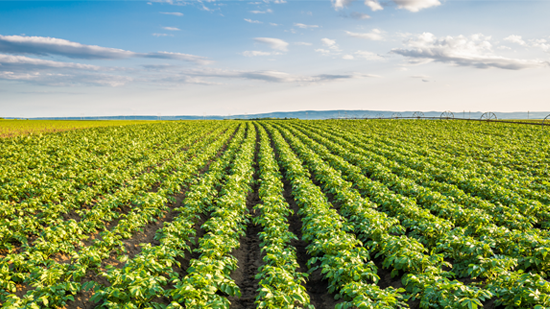
Infographic: The secret to supply chain resilience
So how can resilience be built when pressures are already extraordinary and the future demands a net zero existence? We’ve put together an infographic to show how organisations need a net zero strategy that tackles food waste urgently, but also need agility, flexibility and diversification in order to navigate current supply chain issues.
Redistributing surplus food to charities and community groups
FareShare is the UK’s largest charity fighting hunger and food waste, by saving good food from going to waste and redistributing it to frontline charities and community groups.
FareShare redistributes surplus food to almost 11,000 charities across the UK – from domestic violence refuges and breakfast clubs for children, to homeless hostels, community cafes and lunch clubs for older people
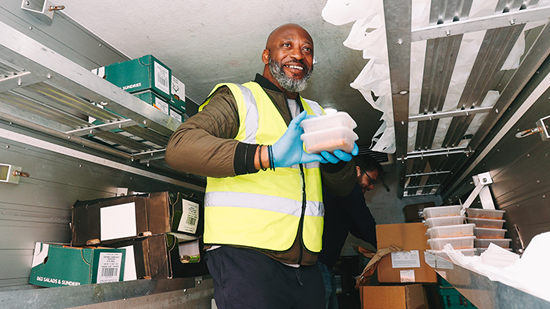
Wasteful to Tasteful – ‘rescuing’ grade B* fruit and veg
30% of crops never leave the farm and go to waste.
Sodexo has joined forces with Waste Knot, which is committed to connecting businesses with surplus food and Ferryfast, a co-operative of farmers in Worcestershire, to distribute boxes of ‘rescued fruit and vegetables’ to our catering teams across the country.
Currently, 100+ of our sites receive the weekly vegetable boxes and monthly fruit boxes.
We have procured 667 tonnes of Grade B vegetables, salad and fruits, this includes our work with Wasteknot, where we have rescued 24 tonnes of fruit and vegetables in the UK in the last 12 months (data accurate May 2023).
